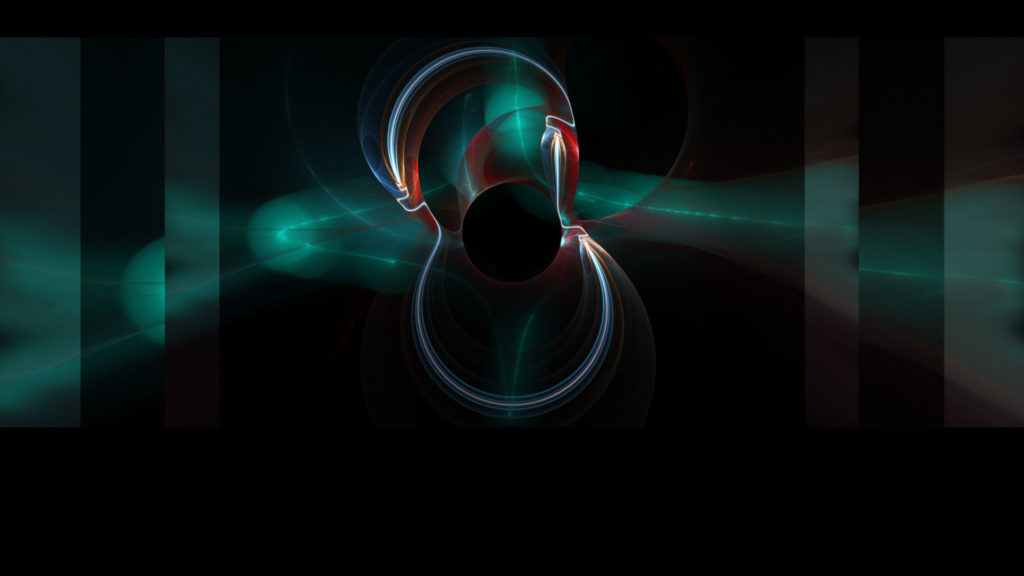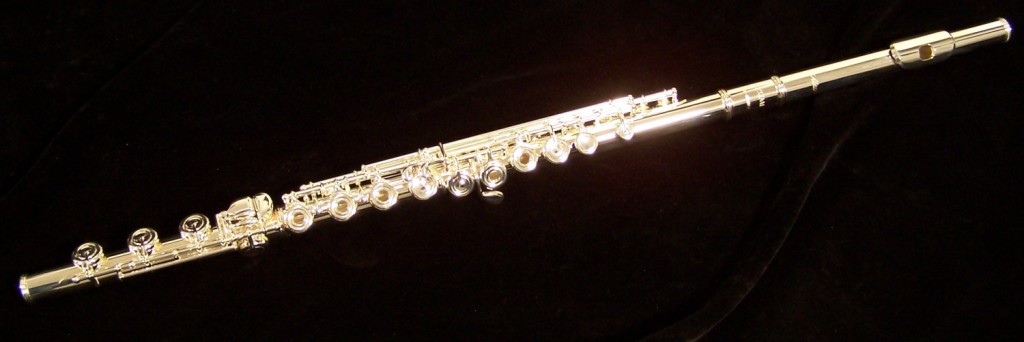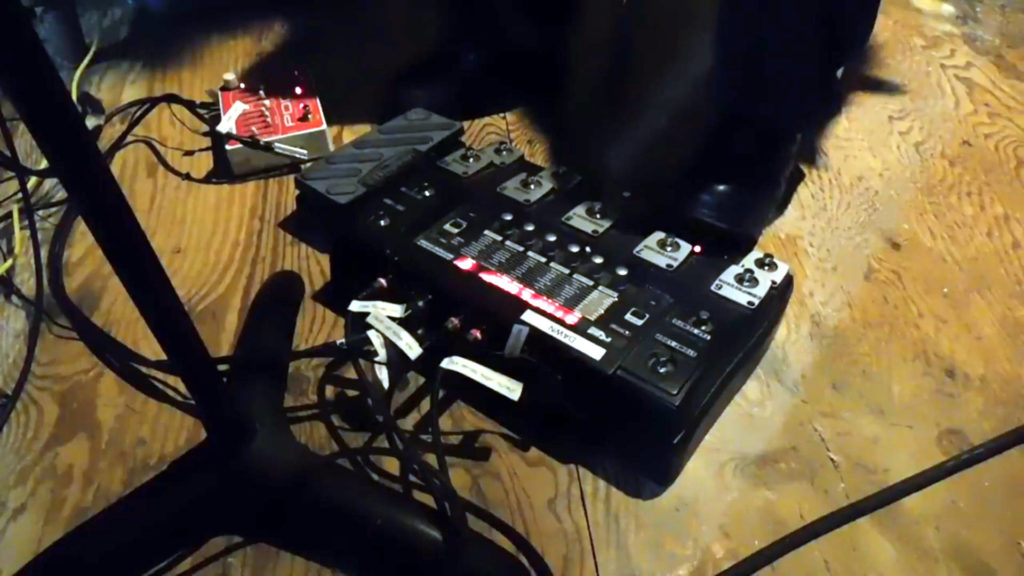
A friend of mine — a best friend of mine (Anita Lewis) — spoke today about gratitude on Infinite Matters. She just came through Hurricane Irma. Having survived what I consider to be more than my fair share of life’s critical emergencies and traumas, I could totally relate. And, of course, as with everything, relating brought analysis and conclusions based on my own experiences with a forest fire-storm, numerous tornadoes, proximal lightning strikes, floods, being under siege because of armed federal fugitives with the resulting response of county, state, and federal law enforcement and their (thankful) invasion of my farm. Worst of all, brutal, physical assault that completely changed my life.
There seems to be a real disconnect in a solid majority of everyday people between what’s really important and what, lacking experience with real danger and disaster, only seems to be important, so much so that what is actually important doesn’t ever really hit home with most people until they face extreme crisis, catastrophe, trauma, unbearable pain, and, yes, death. That disconnect is, I think, what separates war veterans, military and civilian, from those of us who have never experienced war firsthand. It’s what separates law enforcement from the rest of us. Mostly, especially today, it’s what separates cultural combatants from reason.
When the biggest issue in your life is whether you’re going to make the mortgage payment or the rent, get to work on time, earn that promotion, or, even more trite, going to be able to get that limited edition iPhone, your nails or cornrows done by your favorite beautician, catch a date with some hotty, or be able to walk around publicly flaunting some aspect of yourself without criticism, then cultural issues can, for some, seem really significant. When faced with true hardship and trauma, though, everything pales, except what really is important: love, life, health, safety, sustenance, shelter, and freedom from terror and from physical pain for you and your loved ones and kin, maybe even, at least for some of us, extending that, too, for your kith, and your neighbors, near and far.
I think a solid majority of the well-off — and, no, I’m not speaking ‘financially’, but, rather, those who, regardless of circumstance, have love, life, health, safety, sustenance, some sort of shelter, and freedom from terror and from physical pain — need a hard wake-up call, a lesson in what’s really important, a hands-on experience that nails them in the forehead and dumps them into survival crisis. Maybe then they’d realize that all this fuss about varying cultural and political differences is, in fact, a luxury allowed them because they are not having to focus on base survival.
My husband, Forrest, has it quite right, I think. Are you willing to give up everything for it? Even your life and the lives of your loved ones? If the answer is no, then, no, it isn’t important. If the answer is yes, then, yes, it’s truly important.






